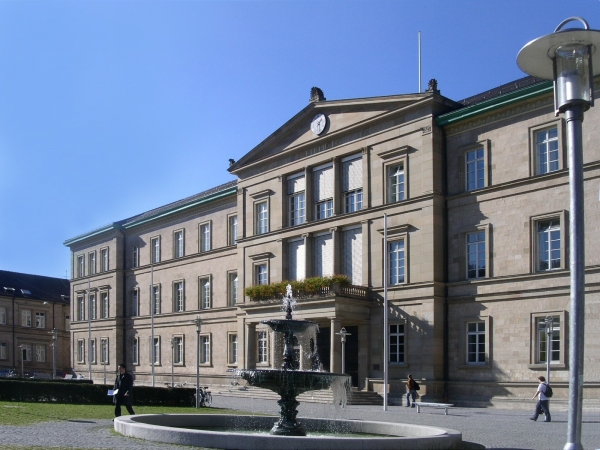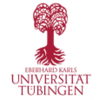https://uni-tuebingen.de/en/university/
Description
The University of Tübingen Eberhard Karls is a respected academic authority in humanities, natural sciences and theology. The institute is situated in one of the traditional German university towns of Tübingen, Baden-Württemberg, which famous for its boat trips and the marvelous architecture of its old town Hölderlin. The first Count Eberhard of Württemberg supported the university’s foundation in 1477. A century later, its protestant theology department was a key place for the development of the astrologer Johannes Kepler. From then on, the university saw a rapid expansion, which included the establishment of the first Natural Sciences department and the first university hospital in a German higher education institution. Today, University of Tübingen has 14 schools, which offer 280 courses at all levels from Bachelor, Master and Doctorate. As an integral part of the German excellence initiative, the university remains in the forefront of international academic institutions. Every year, The German Research Foundation funds research conducted as part of the university related to neuroscience, elementary particle physics and nanotechnology. University of Tübingen maintains close connections with over 150 foreign institutions in over 62 states worldwide. Some of them include the University of Michigan, University of North Carolina at Chapel Hill and University of St. Andrews. This provides students with the unique opportunity to study abroad for one year, or for foreign students to come to Tubingen and actively engage in scientific research. Even though the University of Tübingen cannot offer a real campus life experience, the small city of Tubingen has a calendar full of events such as concerts staging famous singers and orchestras. The college also organises courses in photography, journalism and creative writing giving the chance for students to develop their skills and broaden their artistic horizons. The universities most famous alumni include the neuropathologist Alois Alzheimer, and former EU commisioner Martin Bangemann. The university’s leitmotif translates as ‘I dare’.
Specific details
Location
Geschwister-Scholl-Platz, Tubingen, 72074, Germany

